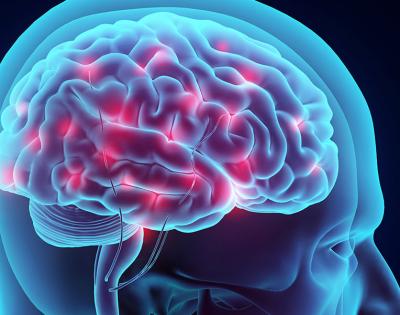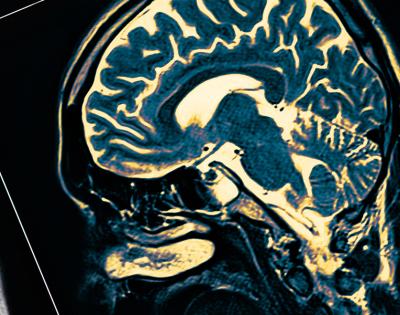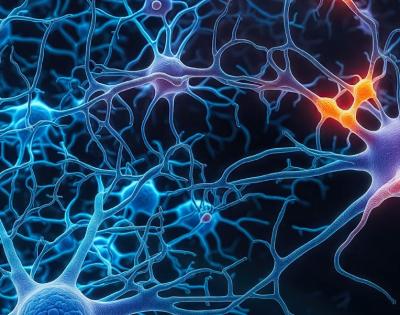Alzheimer's disease

December 01, 2023
JungA “Alexa” Woo, an assistant professor in the Department of Pathology at Case Western Reserve University School of Medicine, won the 2023 Janett Rosenberg Trubatch Career Development Award for research in understanding and treating Alzheimer’s disease (AD) and other neurodegenerative…

July 26, 2023
Findings offer hope for development of new medications A new study by researchers at Case Western Reserve University revealed that the progression of Alzheimer's disease (AD) can be slowed by suppressing a specific protein in the brain that causes corrosion. A main pathogenic initiator of AD and…

March 10, 2023
Ann Nguyen, assistant professor at the Jack, Joseph and Morton Mandel School of Applied Social Sciences, received a new grant funded by the Research Centers Collaborative Network from a parent grant from the National Institute on Aging (NIH). This is a two-year grant, totaling $50,000. She is the…

October 04, 2022
Case Western Reserve University School of Medicine researchers identify mechanism in brain tissue that may explain disparity between men and women Case Western Reserve University researchers have identified a mechanism in brain tissue that may explain why women are more vulnerable to Alzheimer’s…

September 21, 2022
When Jonathan Haines was learning about genetics in his high school biology class, he thought it was going to be pretty straightforward—you get one copy of genes from mom, one copy from dad and that’s it. “By the time I realized it was really complex, I was already hooked,” said Haines, the Mary…

April 14, 2022
Findings support restored memory function by as much as 50% About 11% of the U.S. population 65 and older has been diagnosed with Alzheimer’s disease (AD), the most common form of dementia that results in memory loss and cognitive impairment, according to the Alzheimer’s Association. And the…

January 13, 2022
Case Western Reserve University-led research team discovers why some cases result in rapid decline and death An international team led by Case Western Reserve University School of Medicine has made a significant breakthrough in understanding why Alzheimer’s disease progresses so rapidly in some…

August 26, 2021
Center is one of 31 NIH-funded centers in the nation The National Institute on Aging of the National Institutes of Health (NIH) has awarded a grant expected to total $15.4 million to continue funding the Cleveland Alzheimer’s Disease Research Center. The new five-year award will support the…

July 08, 2021
Researchers find new hints that could explain how the disease spreads in human brains Case Western Reserve University researchers studying human prions—misfolded proteins that cause lethal and incurable diseases—have, for the first time, identified surface features responsible for the replication…

January 19, 2021
A novel Alzheimer’s disease marker—coming early in progression of the condition—could open significant new fronts of research into possible therapies Researchers at Case Western Reserve University School of Medicine have identified a new target in development of Alzheimer’s disease (AD) that could…

